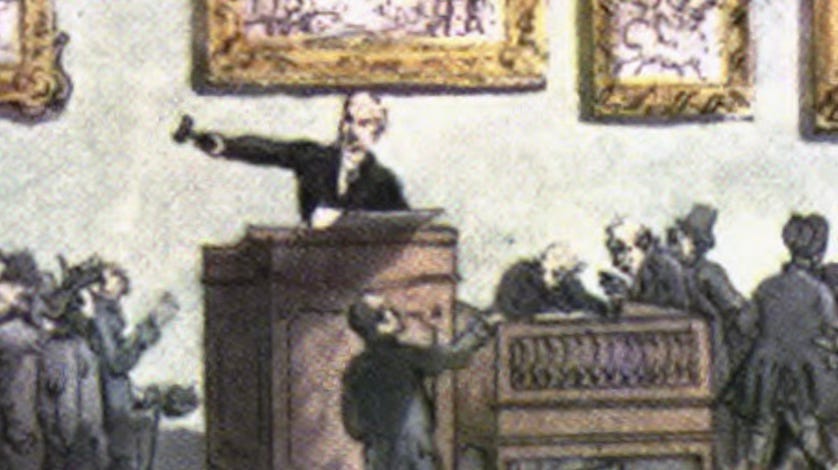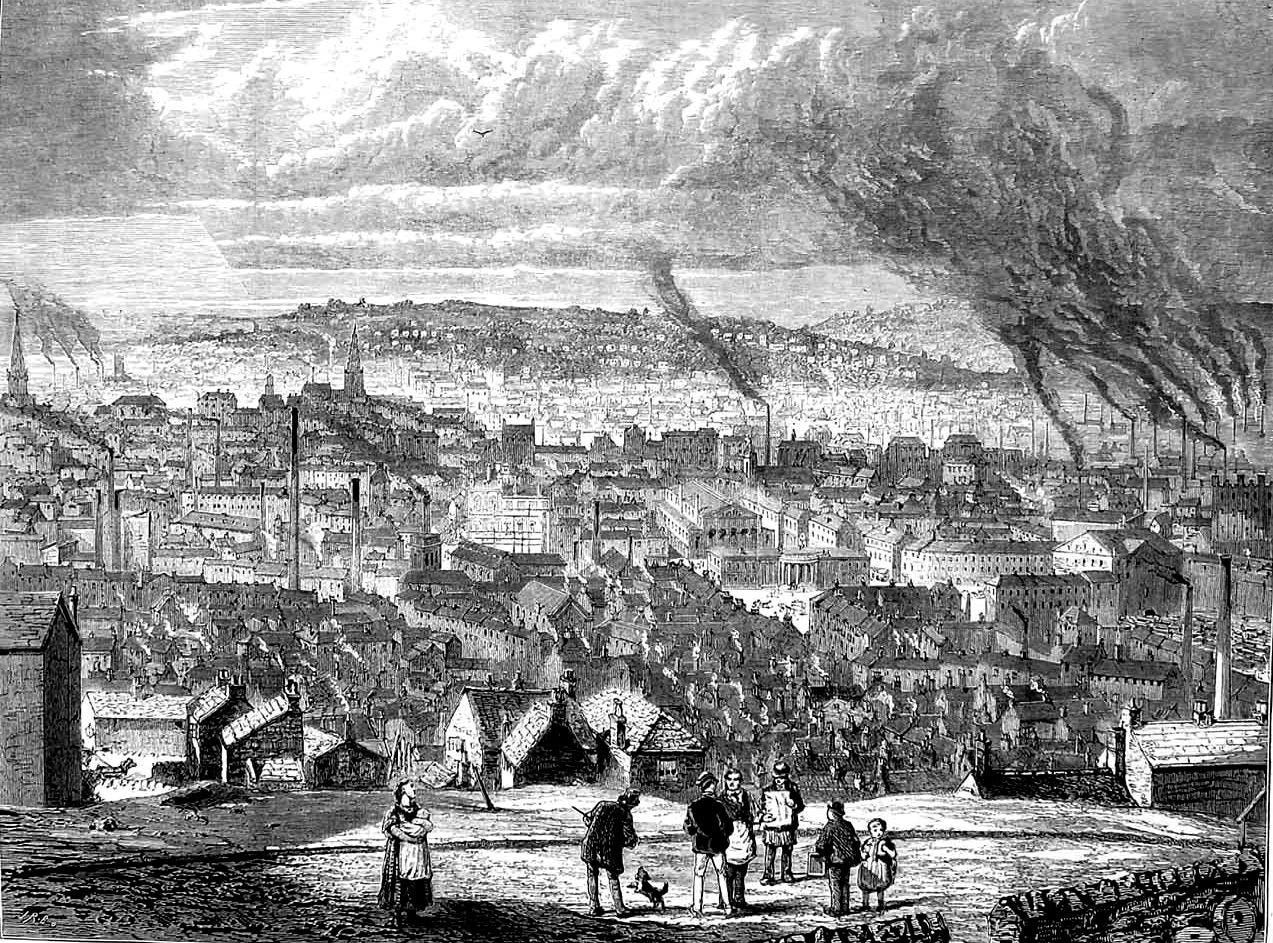A multi-tasking Yorkshireman
Thomas Webster rose above his background to operate an auctioneers-cum-private detective agency in Sheffield
I've written before about how some private detectives combined their job with another, in order to make a regular income. Detective jobs could be erratic; there might be busy spells followed by fallow periods where despite advertising, clients were slow in coming forward. Today, I'm looking at the resourceful Webster and Sons agency, which operated in Sheffield in the early 20th century.
Webster's had various offices around the city. In 1900, it was based at 5 Leopold Street, and from 1902, it was at 41 Barber Road. It continued operating from there until 1915, when it moved to 129 Howard Road in Walkley - an office that had formerly been a picture gilder's shop. In 1915, Webster's claimed to have been operating for 30 years, but it had certainly not been solely a detective agency for that duration.
Webster's was run by Thomas Webster. As far as I can piece together, Thomas was a local man, born in the city in 1850. He was illegitimate, and when he was four, his mother Sarah, a former servant, married brass caster George Biggins in Sheffield. George already had children from his first marriage, and he and Sarah would have several more together.
Thomas worked as a barman as a young adult, but by 1871 was unemployed. By 1881, he had started a relationship with Mary Jane Skelton, who was nine years his junior, and they would have nine children. However, at least seven of these children were born out of wedlock, as Thomas only married Mary Jane in 1896, by which time, he was 45 years old. On the marriage register, Thomas left the sections for father's name and occupation blank.
Webster worked as an auctioneer as well as a private detective
Thomas consistently gave his profession as a commission agent, but many private detectives described their jobs in a similar way. In fact, he was primarily an auctioneer, having moved into the office on Barber Road that had previously been occupied by auctioneer George Talbot. His adverts in the Sheffield press form the basis for much of what I know about his business.
He regularly conducted auctions for various items: boots, drapery, motorcars and motorbikes all featuring. However, by 1910, he was advertising his auctioneering business alongside a parallel one - that of a private detective agency. In 1910, he advertised his services thus:
Private Detective Agency: male and female experts undertake private enquiries, shadowing, etc, terms reasonable. Webster and Sons, 41 Barber Road.
Five years later, his adverts now read:
Private Detective Enquiry Agency. 30 years' divorce experience, shadowing, missing friends traced, etc. Solicitors references. T. Webster, 129 Howard Road, Walkley.
He usually - although not always - advertised as 'Webster and Sons' and 'Messrs Webster', and his auction house was similarly titled Webster and Sons. His seven surviving children included three sons: Thomas, Walter and James. In 1911, Walter was certainly working with his father as an auctioneer's clerk, and by a process of elimination, I assume that the other son working for Thomas was his eldest son, Henry - as his younger son James worked for a local ironmonger.
Thomas's family were not well-off, and all - both the men and women in the family - worked. Wife Mary Jane was a draper; eldest daughter Elizabeth worked as a housekeeper (although she lived at home with her parents, she appears to have been the unmarried mother of two children, so the Webster house, above the office at Barber Road, was rather cramped). Other daughters worked as milliners and dressmakers.
Sheffield in the 19th century: the Webster family was from the city
Webster & Sons continued as both an auctioneer and valuer, and as a private detective office, until late 1915 or early 1916, he retired. He died in December 1921, aged 71, and the local papers that for so many years had carried his advertisements, now included a brief obituary, noting how he had worked as both 'an auctioneer and valuer, as well as a private inquiry agent' until five years earlier. These obituaries also noted how he had been fit and well until his retirement, at which point his health started to fail - perhaps his work had kept him active.
Thomas Webster is evidence of how a man from a poor background, illegitimate and the father of nine, managed to make a living for decades. He was resourceful and multi-skilled, working two careers simultaneously. He was good with figures, had an enquiring mind, and was determined to achieve. He was also a family man, wanting to work with his sons, and to acknowledge them in his company name.





